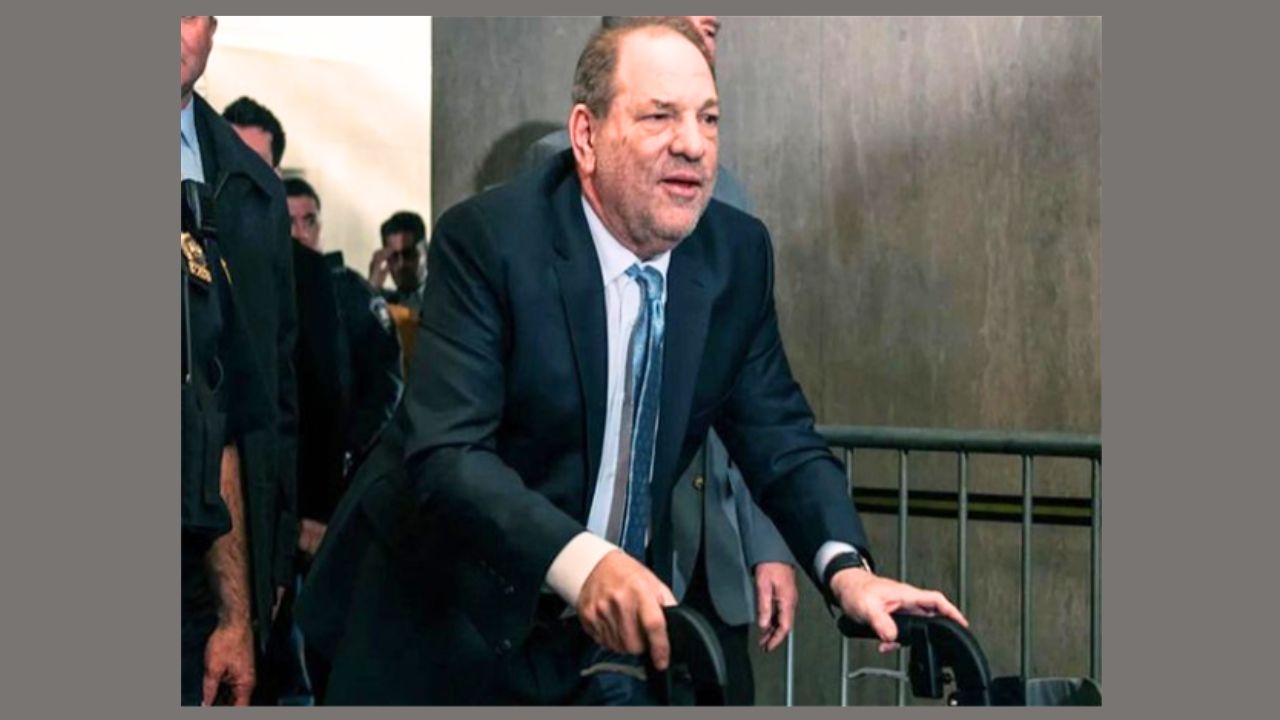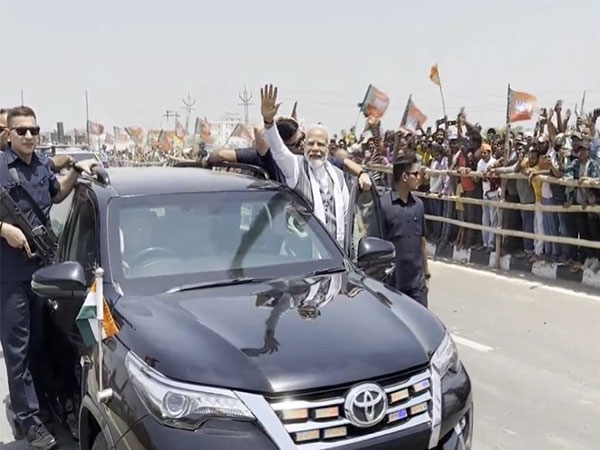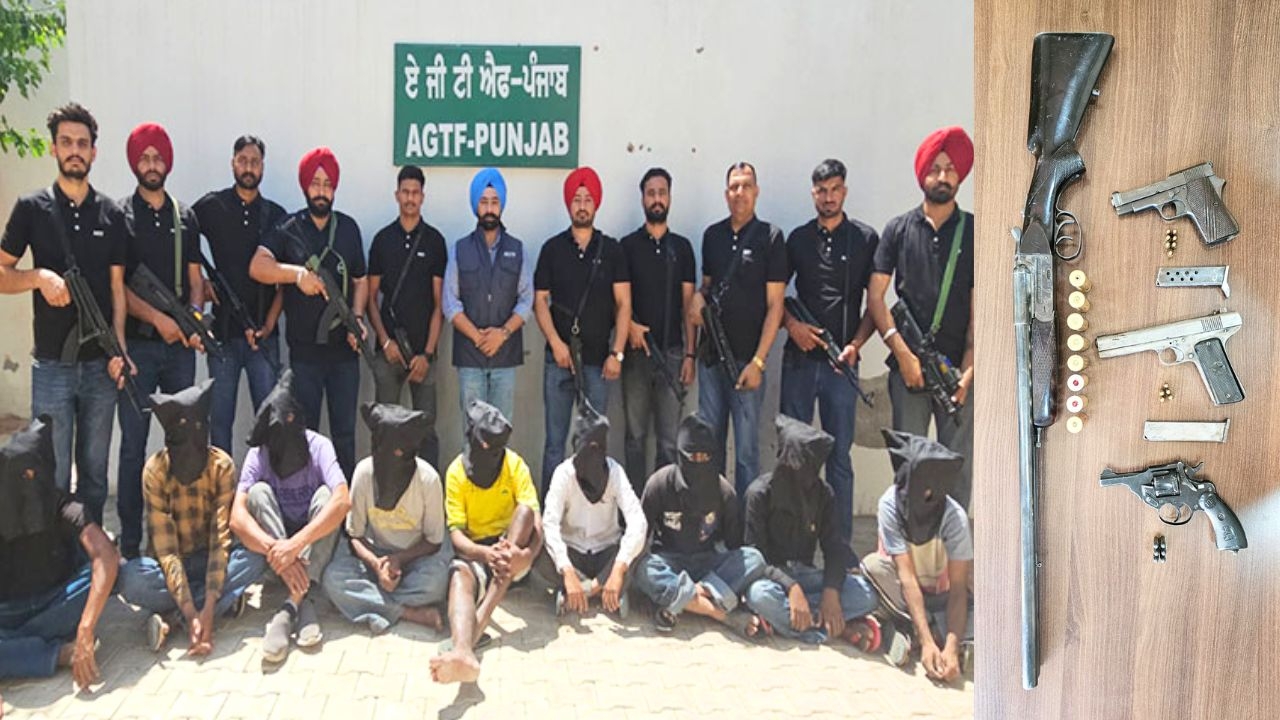The judges did what they could. If CJI doesn't act, now Parliament should
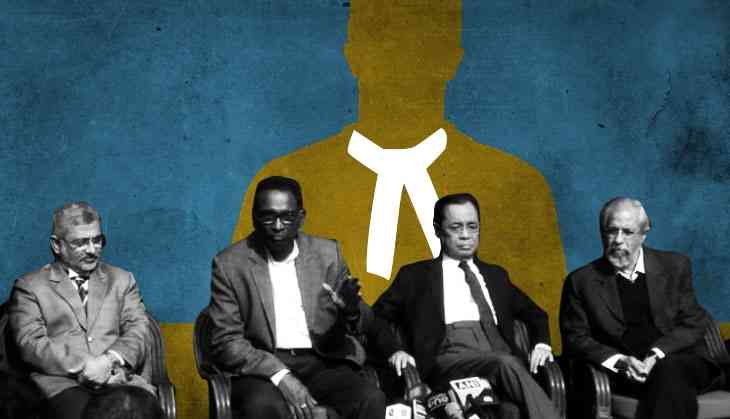
The four judges of the Supreme Court who took the country by storm on 12 January can be accused of many things but not immature rebellion. They did fling convention out of the window, but they did not play to the gallery.
Four senior-most judges of the Supreme Court holding an urgent press conference was an unprecedented development in itself. When they said all was not well at the top court, the situation turned more sensational.
However, they stopped right at that point, thus preventing the decline of their protest into an exercise in mud-slinging. If you examine their exhortations patiently, you will realise their act essentially amounted to rebellion with caution.
Chief Justice (CJI) Deepak Misra was indeed the subject of their protest but the words the judges chose in their press briefing as well as their seven-page letter to CJI eventually released to the press were not slanderous.
Not just that, they didn't even cite any specific case to substantiate the concerns they were raising. All that they divulged was: “There have been instances where cases having far-reaching consequences for the nation and the institution had been assigned by the CJI selectively to the Benches 'of their preferences' without any rational basis for such assignment.”
In fact, their letter clearly said details were not being mentioned “to avoid embarrassing the institution”. It is clear that all that the judges wanted to convey was that certain “departures have already damaged the image of this institution” and corrective action must be immediately taken.
The trespasses that they have hinted at are in the realm of speculation as of now. However, in a remarkable co-incidence, senior advocate Dushyant Dave pointed out in lucid detail what some of these incidents could be in an article (http://www.livelaw.in/chief-justice-india-law/) published a day before the tumultuous events.
These incidents include:
* “The Five Judge Bench which passed the order of 10 November, 2017 was constituted by the CJI ignoring senior most Judges being J2, J3, J4, J5, J7, J9, J11, J13, J14 and J15,” Dave has flagged. The order being referred to pertained to the case in which a nexus between middlemen and some judges of the higher judiciary was alleged. (https://timesofindia.indiatimes.com/india/sc-sets-up-five-judge-bench-to-examine-alleged-judge-middleman-nexus/articleshow/61586004.cms).
* “Case of the matter of Justice KS Puttaswamy (Retd) and another v Union of India, popularly known as the Aadhaar matter is more curious,” Dave writes.
* A “recent matter challenging the appointment of Additional Director of CBI was placed before the Bench of Mr Justice Ranjan Gogoi and Mr Justice Navin Sinha, but the same was released by an order to the following effect, “List the matter on Friday i.e. 17th November, 2017 before a Bench without Hon’ble Mr Justice Navin Sinha,” Dave goes on.
Dave's piece proved to be timely and prescient as it talks about exactly the things the judges have hinted at in their letter. These are good enough indications for the powers that be to pick up on and take remedial measures.
The judges are yet to divulge any more details publicly but it is hard to imagine that they won't speak to any authority that can make a difference at this point, be it the CJI or the Prime Minister or a Parliamentary delegation.
The ball now is, quite literally, in the CJI's court. It remains to be seen whether he will act to placate the aggrieved judges, since their rebellion has essentially shamed him. He could, however, realise the gravity of the situation and act in the larger interest of democracy.
Otherwise, the ball will pass on to Parliament. In India's hallowed Constitutional tradition of checks and balance, the Executive, the Judiciary and the Legislature have been given the power to keep each other in check. The majesty of this mechanism was on full display in 2009, when a motion moved by 58 MPs of the Rajya Sabha eventually led to the impeachment of Calcutta High Court Judge Soumitra Sen, accused of financial misappropriation.
If the judicial powers themselves do not voluntarily take up the judges' grievance and act decisively, Parliament will have to step in. MPs from Treasury as well as Opposition benches will have to take up the case and be thorough about it. This will include probing the allegations in detail before establishing guilt beyond doubt.
The four judges have done what they could. It is really up to the CJI and Parliament now.


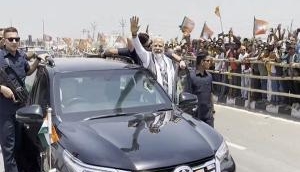

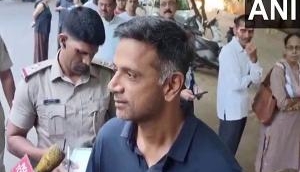
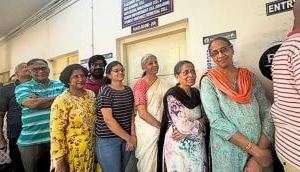
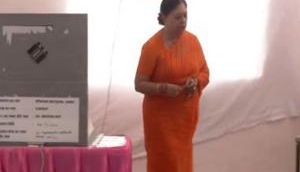
![BJP's Kapil Mishra recreates Shankar Mahadevan’s ‘Breathless’ song to highlight Delhi pollution [WATCH] BJP's Kapil Mishra recreates Shankar Mahadevan’s ‘Breathless’ song to highlight Delhi pollution [WATCH]](http://images.catchnews.com/upload/2022/11/03/kapil-mishra_240884_300x172.png)

![Anupam Kher shares pictures of his toned body on 67th birthday [MUST SEE] Anupam Kher shares pictures of his toned body on 67th birthday [MUST SEE]](http://images.catchnews.com/upload/2022/03/07/Anupam_kher_231145_300x172.jpg)


